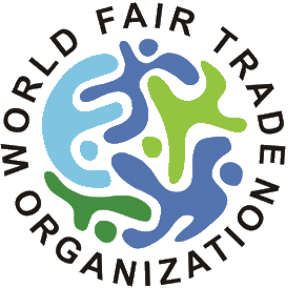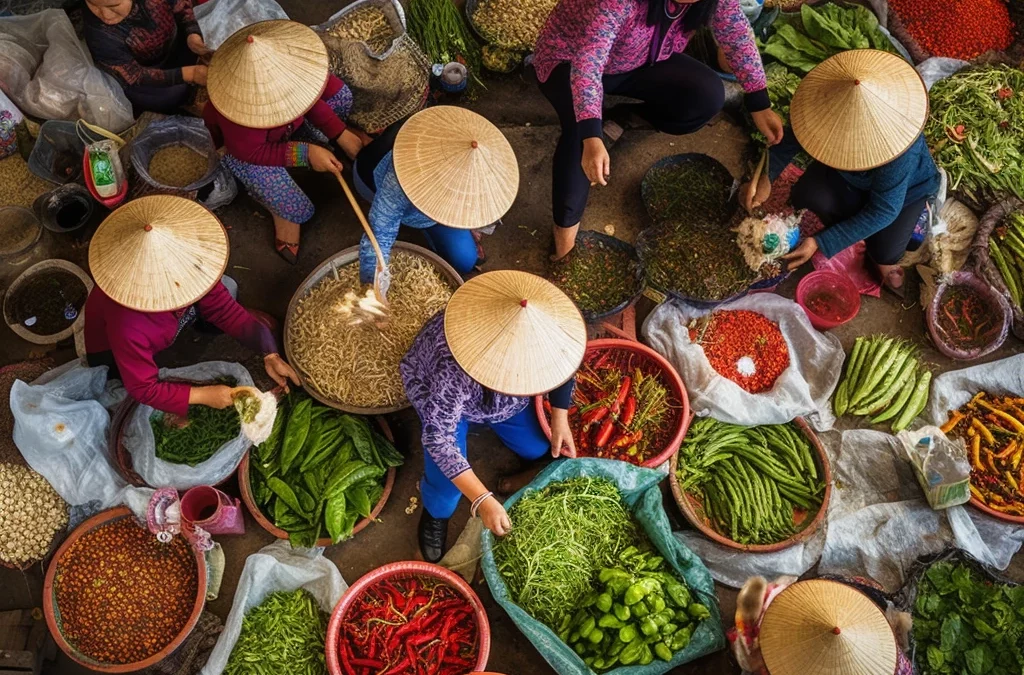We journey to different corners of the world to enrich our lives with diverse cultural experiences
It’s essential to consider the impact we have on the places we visit. While tourism brings undeniable benefits, it also comes with responsibilities. One of these is to ensure that our travels are fair, equitable, and beneficial to local communities.
How can we guarantee that “Fair” truly means fair in the context of tourism? And what role does Fair Trade play in this endeavor?
Understanding Fair Trade
Fair Trade is a globally recognized model that aims to create more balanced and equitable economic relationships. Particularly between producers in developing countries and consumers in developed ones. It sets standards for fair prices, ensures safe and healthy working conditions, and supports sustainable practices.
How does Fair Trade translate into the realm of tourism?
Fair Trade in tourism means that local communities, often the main ‘product’ or ‘service’ in travel, receive fair compensation and treatment. It promotes responsible tourism that respects local cultures, supports conservation efforts, and ensures the economic benefits of tourism reach the people who need it most.
For ResiRest, ‘Fair’ is also that we do not ask local people and cultures to adapt to their guests or tourism in general. We can learn so much more – and give so much more respect – if we create a friendly adaption from guests to the local people they visit. The magic is that is highly contributes to their travel experiences.
Checking for Fairness
How can we check if a tourism operation is fair? Fair Trade certification is one way. Several organizations globally, such as Fair Trade Tourism in Africa or the World Fair Trade Organization (WFTO), offer certification programs for tourism businesses that meet their stringent (!) criteria.
Travelers can look for these certifications when booking tours, accommodations, or activities. These certifications indicate that the providers are committed to sustainable and fair practices.
Another way is to seek transparency in business operations. Does the tour company provide clear information about how they support local communities or protect the environment? Do they pay their staff fair wages and ensure safe working conditions?
Remember: It is not about what they say. It is what they do and about what they can prove.
Are Tourism Rules and Regulations Fair?
This is a complex question. Rules and regulations vary greatly from one place to another, and while they are often designed to promote safety, protect cultural heritage, and regulate visitor behavior, their fairness can sometimes be questionable.
For instance, regulations that limit local participation in tourism or divert most tourism revenues to large multinational companies can be seen as unfair. In contrast, policies promoting local ownership, capacity building, and equitable distribution of benefits can help make tourism more fair.
Making a Change
As travelers, we can all make a difference. Here’s how:
- Choose Fair Trade Certified Companies: These companies adhere to guidelines that ensure fair wages, respect for local cultures, and support for community projects.
- Support Local Businesses: Buy local crafts, eat at local restaurants, and choose local guides. This ensures your money stays within the community.
- Travel Responsibly: Respect local customs, protect the environment, and treat everyone you meet with kindness and respect.
- Ask Questions: Don’t hesitate to ask your tour operator or hotel about their social and environmental policies.
We can also advocate for fairer policies in the tourism industry. This includes supporting regulations that protect workers’ rights, promote local ownership, and ensure that tourism benefits are widely shared.
In conclusion, Fair Trade and fair tourism practices are critical in creating a sustainable, equitable global tourism industry. It’s up to us, as travelers, tour operators, and global citizens, to take these principles to heart and apply them in our travels and businesses, thus making tourism a powerful tool for positive change.
For ResiRest; we say, we do and we prove. We are a proud member of the World Fair Trade Organization.


